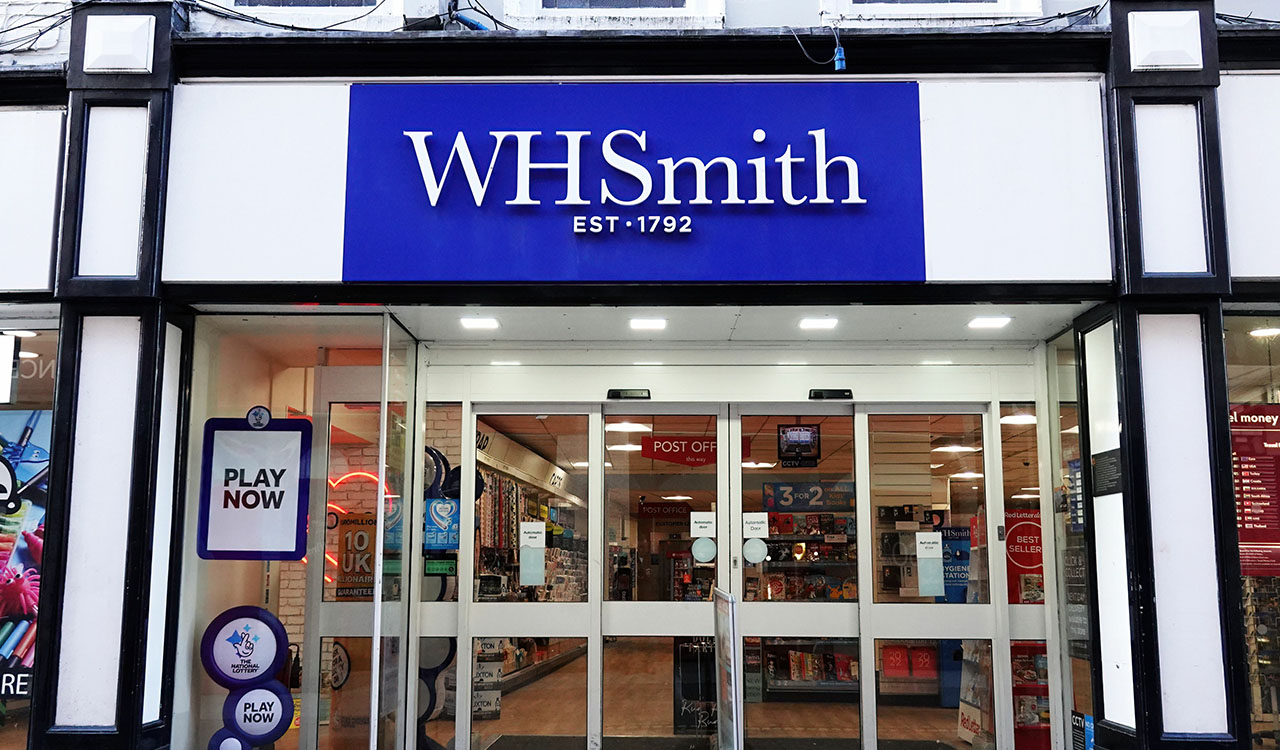Multiple birds, one stone. In snapping up Naturium Skincare for $355 million in cash and stock, e.l.f. Beauty furthered its agenda in a number of key ways. One, it boosted its offerings in skin care to 18 percent of retail sales, a category the publicly traded budget-makeup juggernaut has long been determined to crack. Two, it added yet another plant-based brand to its growing roster of acquisitions, alongside Well People. Three, it made sure it remained at the top of the news cycle, right where it’s been all summer.
Alicia Keys Soulcare underscores e.l.f.’s wellness ambitions. The brand, developed in conjunction with 15-time Grammy Award winner Keys, made its debut in 2020 as luxe, aspirational and organized around the holistic, 360-degree idea of body, mind and spirit.
Good News Headlines
ICYMI, e.l.f. has been all over the news recently for its extremely rosy quarterly earnings report. In August, the Oakland, California-based company reported $1.00 earnings per share for the quarter ending June 30, besting analyst estimates by $0.51, and earning a total of $216.34 million. With a current price-to-earnings ratio of 68.2, the company is expected to grow by 22.40 percent this year.
Not surprisingly, e.l.f. chairman and CEO Tarang Amin is even more bullish than analysts, predicting a year-on-year net sales uptick closer to 37 percent. Of course, he’s coming off 18 consecutive quarters of net sales growth and market gains, so it’s understandable why he’s predicting such a bright future.
None of this typically happens these days, especially for brands that have wobbled as much as e.l.f. has over the years. For anyone who needs to catch up on this happy tale, or is unfamiliar with the company in general, my mission is to filter this piece through the lens of a beauty industry newbie. Once you’re finished reading, you’ll speak fluent e.l.f.
Basic Intel: That Quirky Name, the Founders and Brand Ethos
As origin stories go, e.l.f.’s is a goodie, combining a true eureka moment with pure practicality and pre-TikTok product virality.
It starts with the name, a so-basic-it’s-genius shortening of eyes, lips, face that appears in lowercase on all packaging and brand imagery. I don’t know if it was the original intention, but to me, the moniker conveys fun, charm, and a bit of quirkiness. Who doesn’t love an elf?
The brand was conceived by makeup artist Scott Vincent Borba and Joseph Shamah, who at the time was a business student at NYU. According to beauty industry lore, the duo met at a party, and instantly started hatching ideas. The one that stuck sprang from a simple observation: Even women with turbo-charged bank accounts like to shop for discount makeup. Why not deliver that, but with a much higher quality?
And better yet, with the help of Shamah’s father Alan, an executive in the fashion business, why not figure out a way to sell it all online, saving those well-heeled bargain hunters the indignity of rolling up to a Dollar General in their BMWs and Jags?
Thus, we get to the crux of the e.l.f. brand ethos, and why it, to this day, so proudly declares itself an industry disruptor. As the original DTC brand, predating Glossier by a solid decade, e.l.f. essentially started a revolution.
e.l.f. obviously wasn’t the first brand to offer high-quality makeup at a great price. That prize could go to probably any number of brands, including Maybelline, Revlon, or L’Oréal Paris. But stellar, budget-friendly makeup you could order with a quick click? That was new, and it was brilliant.
Company-Owned Stores, a Great Idea?
After kicking off as a digital-first brand selling products for the rock-bottom price of $1 per item, E.l.f. started making its way to physical retail, beginning with Target in 2007. Subsequently, it added CVS, Walmart, and the then-cool Old Navy.
By 2013, e.l.f. felt sufficiently emboldened by its multichannel success to start opening its own stores. The first, in Manhattan, represented another breakthrough for the industry: a gleaming mono-brand shrine to mass market makeup and tools. Over the next several years, e.l.f. would open stores throughout New York, New Jersey, and California, eventually climbing to a total of 22.
But by 2019, those company-owned stores had become a drag on the bottom line. Having gone public in 2016 after a major cash infusion from private equity firm TPG Growth just two years earlier, underperforming e.l.f. stores weren’t a good look. Nor did they align with an internal return-to-profitability mission dubbed “Project Unicorn,” which Amin has had no qualms about sharing with the press.
To compete with a changing marketplace rocked by the influx of new influencer-driven makeup brands like Kylie Cosmetics, Huda Beauty and Morphe, e.l.f., which was valued at $1 billion when it went public, needed to return to its more nimble roots. Shuttering its company-owned stores, a move applauded by analysts, was a big step toward doing that.
Righting the Ship with Star Products and Streamlined Packaging
In broad strokes, the cornerstones of Project Unicorn included an intentional slowing of e.l.f.’s rate of product introduction – with one of the fastest concept-to-market rates in the beauty industry, the brand can crank out new items in as few as 13 weeks – and a laser focus on star products like Poreless Putty Face Primer and Camo Concealer. Line extensions, à la Hydrating Camo Concealer, also helped to erase red ink.
Another key move the brand made was to get rid of a lot of clunky outer boxes in favor of clear packaging. That shift both lured customers in visually and allowed e.l.f. to stock more products on retailer shelves. Talk about a win-win-win; not only does the consumer benefit from being able to clearly see the product, e.l.f. and its partner retailer can move that much more merch. So, so smart.
Wellness Acquisitions and Building a Brand for Alicia Keys
As successful as Project Unicorn has been in instilling discipline and order, a single beauty brand can never expect to be the next L’Oréal or P&G without expanding its portfolio. Recognizing this, e.l.f. is ramping up on acquisitions and has partnered with a wellness-minded celebrity in the development of an entirely new brand.
The most recent purchase, Los Angeles-based Naturium, was created by brand accelerator The Center and launched in 2019. Plant-based and affordable with a robust social media platform, it’s rumored to be one of Target’s fastest-growing skincare brands. For his part, Amin says Naturium “demonstrates the same spirit, values and growth characteristics” he finds in e.l.f.
In 2020, e.l.f. snapped up Well People for $27 million in cash. Established in 2008, the award-winning, Goop-beloved clean beauty pioneer has a massive track record in developing EWG-certified skincare and makeup and is sold on its own site and at retailers ranging from Target and Ulta to the naturals-only Detox Market and Credo Beauty. In fact, in announcing the purchase, Amin made it abundantly clear that e.l.f. is seeking to leverage Well People’s expertise in the clean, cruelty-free space.
The recent launch of Keys Soulcare further underscores e.l.f.’s wellness ambitions. The brand, developed in conjunction with 15-time Grammy Award winner Alicia Keys, made its debut in the U.S. in 2020, followed by France in 2021 and Canada in 2022. Luxe, aspirational and developed by a dermatologist, it’s organized around the holistic, 360-degree idea of body, mind and spirit. In support of products like Let Me Glow Illuminating Priming Serum and multi-product Rituals such as Radiate and Soulmate, the brand’s website and social media are chock-full of inspirational content.
By snapping up brands and leaning heavily into clean and wellness while simultaneously maintaining order with its flagship brand, e.l.f. is clearly firing on a lot of cylinders right now. If all goes as planned, Amin’s predictions of a nearly 40 percent net sales increase for this year actually doesn’t sound that far-fetched.





